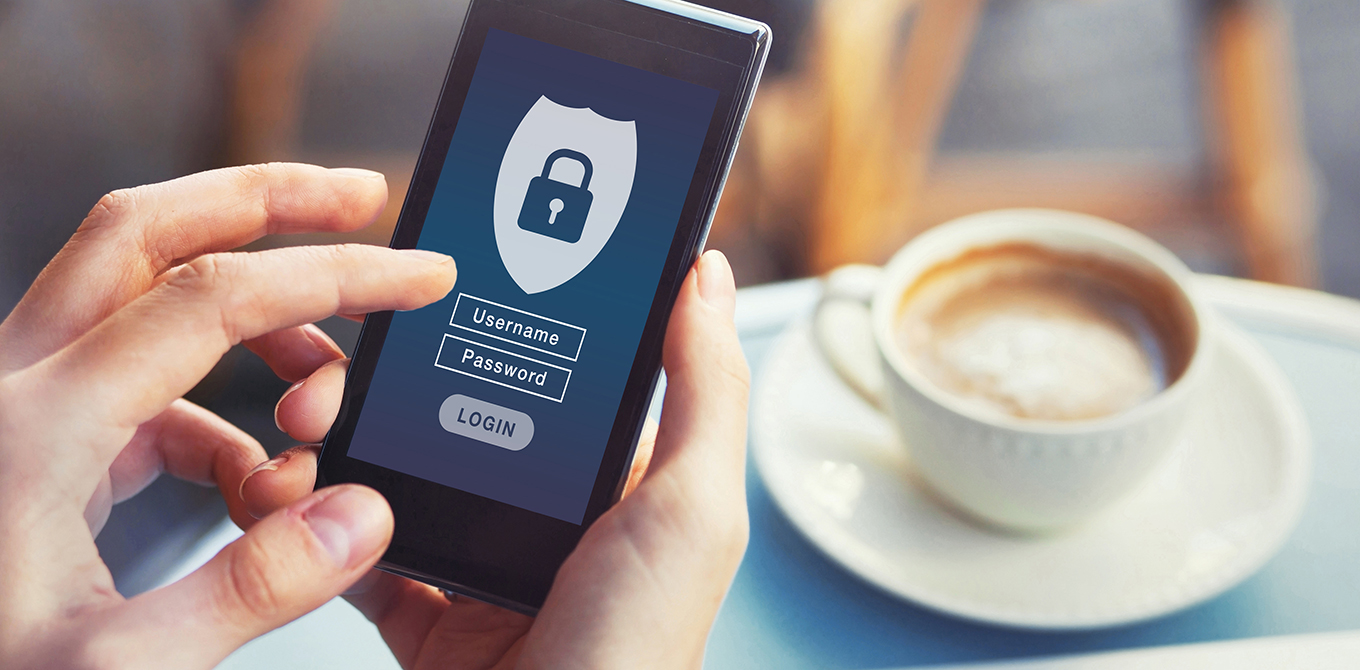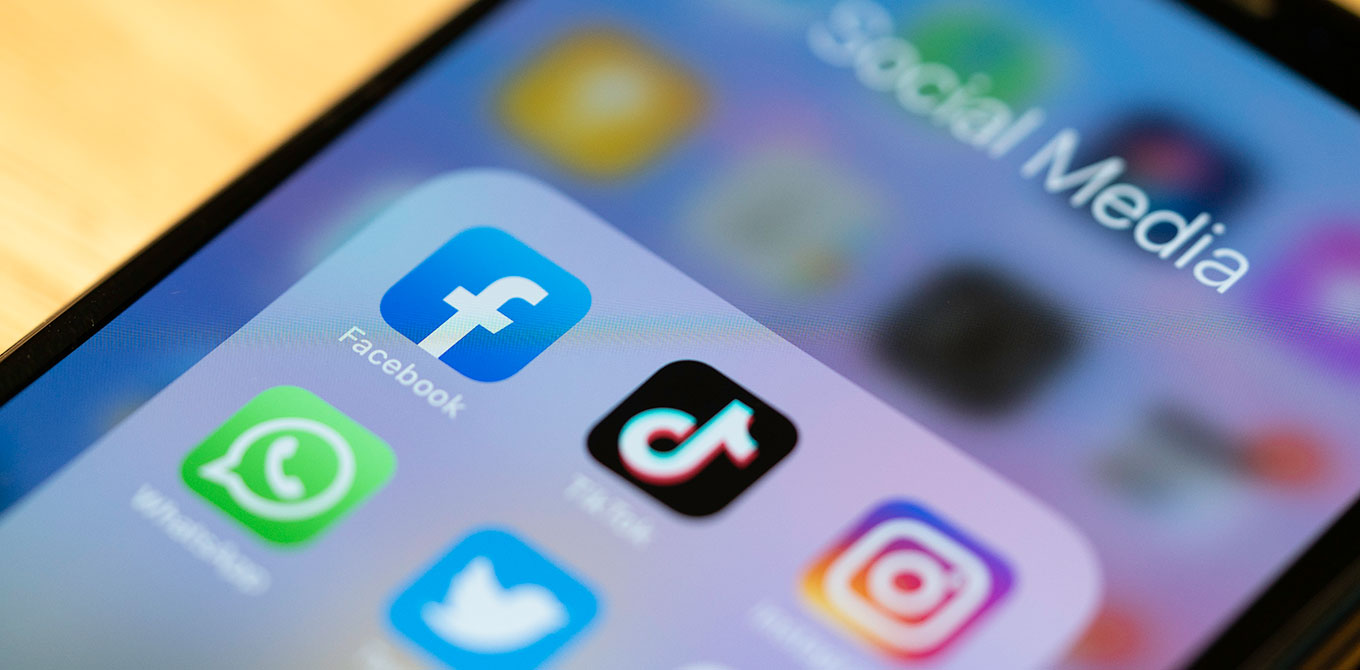3 basic security tips for anyone with a smartphone
Chances are you're holding your smartphone right now. While you're enjoying the convenience, you could also become a victim of fraud. Make sure you take steps to keep your private information private.
Here are three things you can do now to secure your phone and your personal information.
1. Beware of unintentional disclosure of personal information
Whether clicking an ad or checking an app, it can be easy to accidentally expose your personal data to others. There are several preventive measures that you can take to avoid unintentionally exposing your personal data.
- Always secure your phone with a passcode and avoid sharing it and use two-factor authentication when it's available on apps.
- Thoroughly vet the apps that you want to download. Check user reviews to help you determine if users have had a positive, secure experience.
- Be cautious when answering your calls or text messages from unfamiliar numbers, Phone companies are working to block external phishing attempts, but it's not a perfect system. Do not give out personal information when answering an incoming call or text.
2. Avoid unsecured Wi-Fi networks
One of the conveniences of smartphone technology is the ability to access the internet from anywhere. Even if your cellular signal disappears at the grocery store, library or even in most metropolitan downtown districts, you may find that it's possible to join a nearby Wi-Fi network.
The Department of Defense advises cell phone users to avoid connecting to external Wi-Fi networks. These unsecured networks are vulnerable to phishing attacks and attempts to access people's passwords as they login into accounts from their devices. If you must access sensitive information while away from home, it's best to use your cellular network connection and trusted mobile apps.
3. Always update your phone's operating system
One of the easiest steps to make sure your phone is secure is to update the operating system. Similar to your computer, smartphones receive software updates that address security concerns within the operating system. Failing to download these updates could increase the likelihood that your data may fall into the wrong hands.
Staying on top of smartphone security is important in today’s fast-paced environment, and can be accomplished by following these simple tips so your personal information stays secure.




